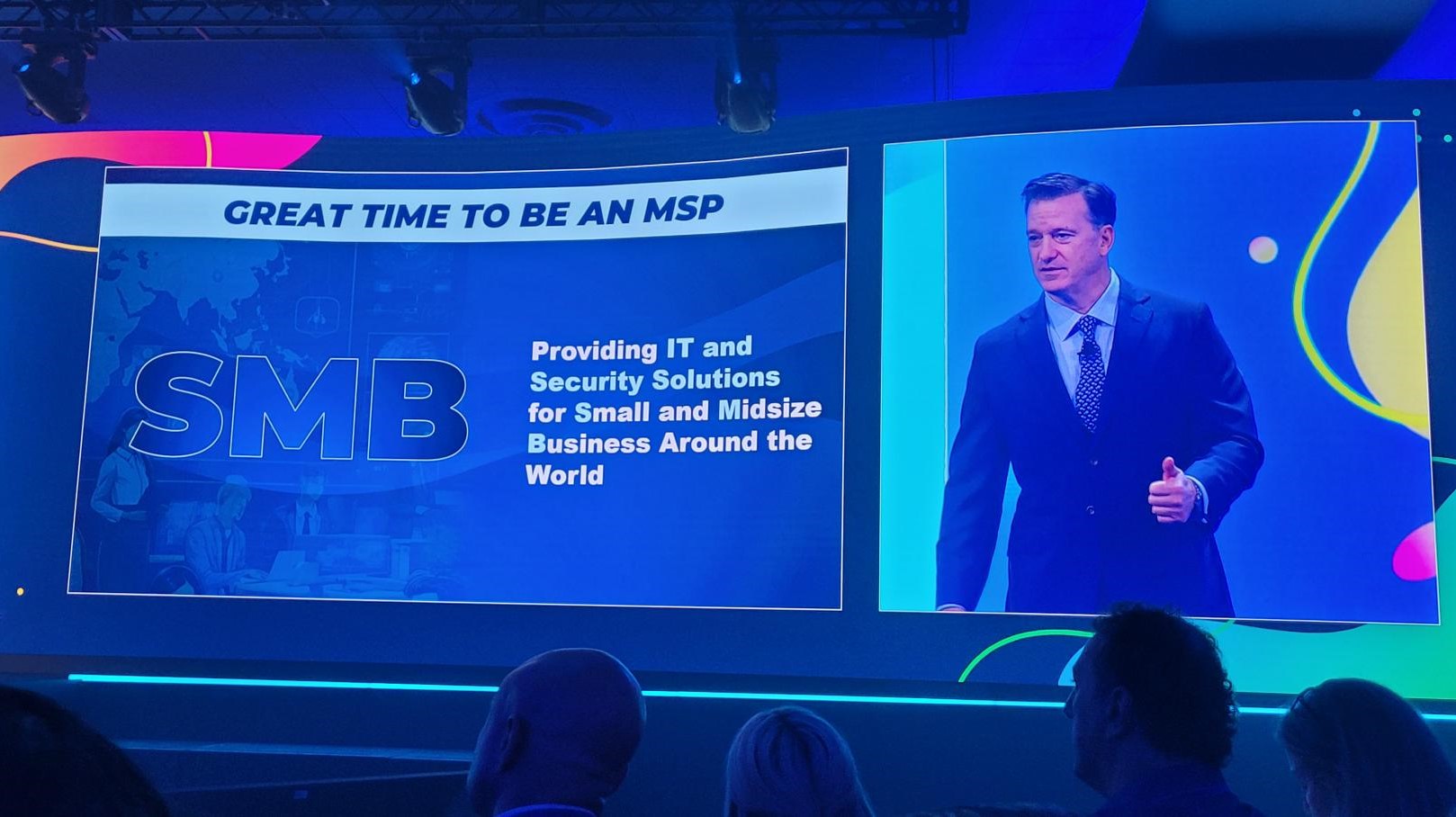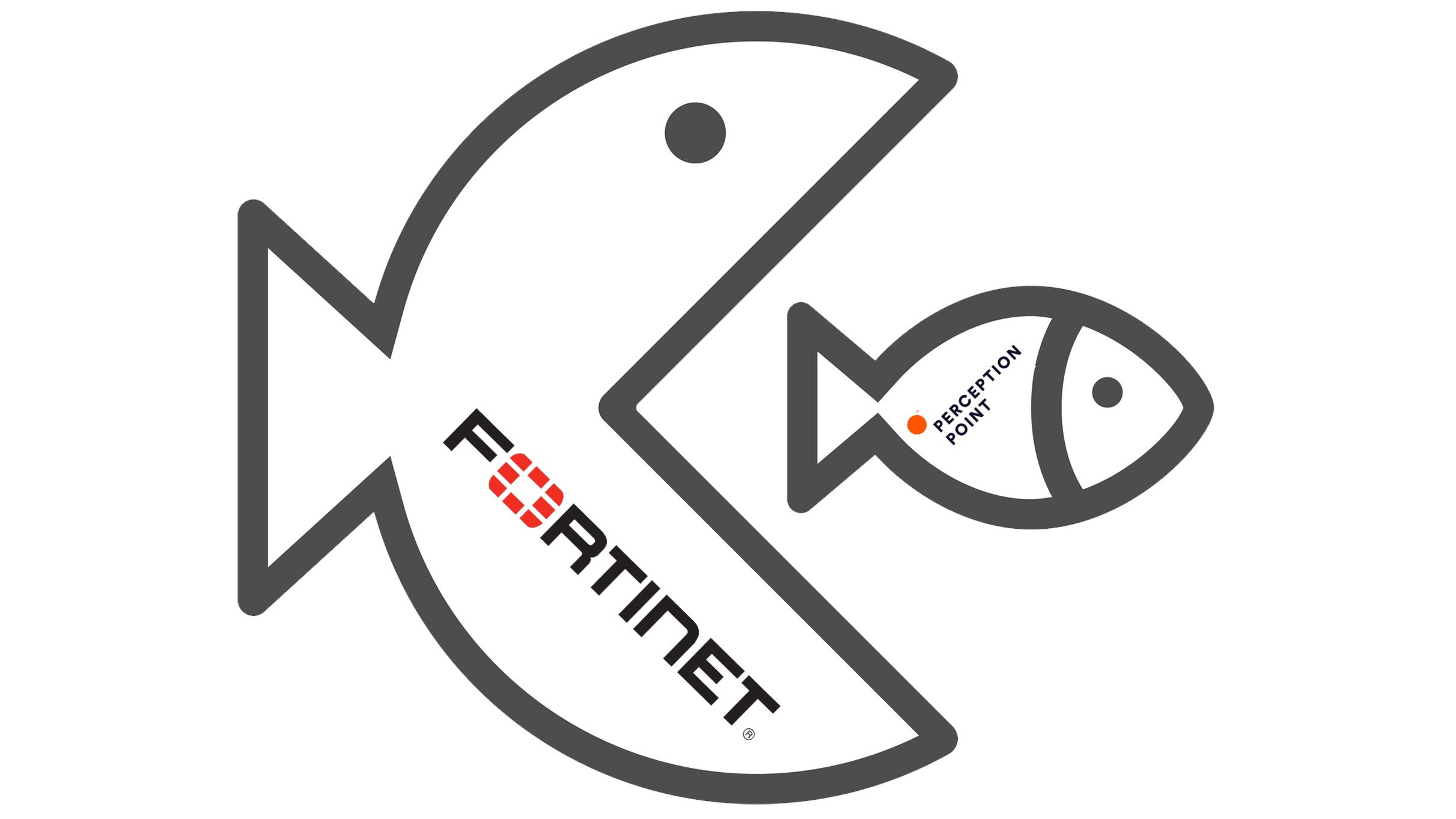Social Lenders and P2Ps Begin Eyeing the SMB Market
Small and midsize businesses seeking loans in today’s bleak credit market have Web-based alternatives to conventional banks.
By Martin Sinderman
Small and midsize businesses seeking loans in today’s bleak credit market that don’t want to (or for some reason, can’t) take their business to a conventional bank have Web-based alternatives available from a few types of peer-to-peer (P2P) and social lending sites.
Pure P2P plays include San Francisco-based Prosper, where borrowers “tell their story” in an online listing viewed by potential lenders that register with the site; these lenders compete with each other to fund the loan request, with Prosper collecting a fee. Since starting out in 2006, the company has facilitated more than $150 million in deals; at press time, though, Prosper was not accepting new lenders, pending an application to securities regulators to offer promissory notes to lenders.
Other players in this business include Lending Club, a Sunnyvale, Calif.-based P2P lender that uses a similar process. Lending Club recently reopened for business after six months of waiting for Securities and Exchange Commission (SEC) approval to sell the loans it facilitates on the secondary market. Meanwhile, Loanio Inc., in Nanuet, N.Y., caters to borrowers with poor or nonexistent credit histories; all loans are originated by Loanio and then sold to lenders registered with the Web site.
P2P site-generated loans can be cost-effective alternatives to conventional banks for SMBs, although they seem to fall short in a few important respects. For example, the maximum loan available is about $25,000, according to Jim Bruene, editor and founder of Online Banking Report, an industry newsletter. A typical loan is now running about $7,000 over a three-year term, “which is not enough to get you very far,” notes Bruene. But, the sites can be good sources of start-up funds for really small businesses, “like a person with no credit history that is starting a consulting business and needs cash to cover things for a couple of months until they get some clients.”
At the same time, like their more conventional banking cousins, most individual lenders on P2P lending sites are skeptical about putting money into a start-up, according to Eric Petroelje, who tracks Prosper and other P2P lending sites on “Eric’s Credit Community” Web site. “So if you are an existing business with a long track record, you have a good chance of funding,” says Petroelje. “Brand-new businesses are likely to have a bit harder time.”
SMBs that are looking for some real start-up dollars can bring their deeper-pocketed friends and relatives to Virgin Money, a “social lending” site that provides related parties with Internet-based infrastructure for borrowing and lending.
While P2P loans are simply those between private parties who may or may not know each other, social lending occurs when the parties know one another through an existing relationship, according to Asheesh Advani, CEO of Virgin Money USA. “When a relationship is at stake, there’s more incentive for both parties to make sure the loan is a success,” says Advani. More than half of all entrepreneurs borrow money from someone they know at some point, he notes, “and a social lending organization like Virgin Money can help document and manage these loans.”
Lending through P2P or social lending sites has a lot of potential for expansion, adds Petroelje. Their biggest challenges lie in making themselves better known across a wider market of consumers and SMBs, he says, adding that “consumer and small business lending is a huge market, and P2P lenders have only just tapped a very tiny percentage of it.”














